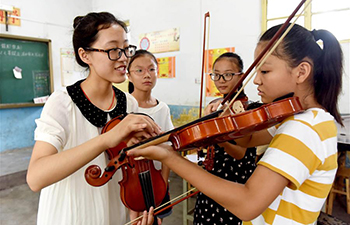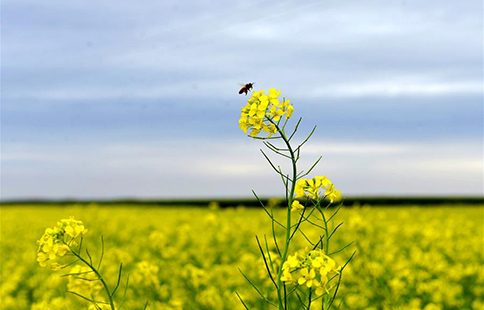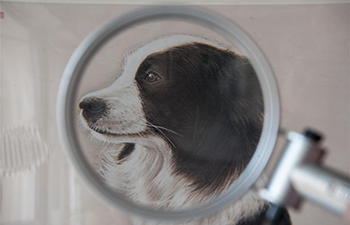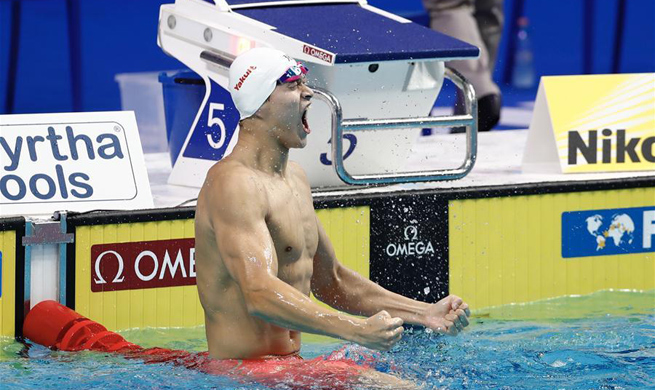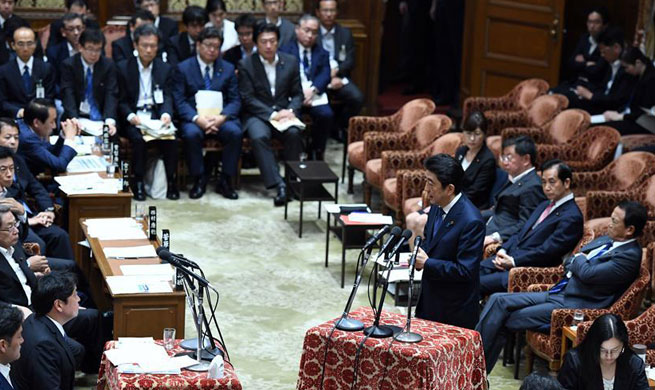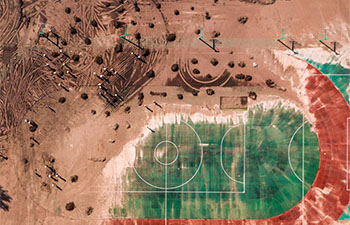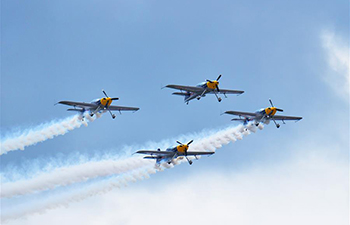WASHINGTON, July 24 (Xinhua) -- An experimental HIV vaccine regimen was well-tolerated and generated immune responses against HIV in an early-stage clinical trial called APPROACH that involved nearly 400 healthy adults, the U.S. National Institutes of Health (NIH) said Monday.
The APPROACH findings will help decide whether to move forward with a larger trial in southern Africa to evaluate vaccine safety and efficacy among women at risk of acquiring HIV, the U.S. health agency said in a statement.
The experimental vaccine regimens evaluated in APPROACH are based on "mosaic" vaccines designed to induce immunological responses against a wide variety of HIV subtypes responsible for HIV infections globally.
The trial involved nearly 400 volunteers in the United States, Rwanda, Uganda, South Africa and Thailand who were randomly assigned to receive one of seven experimental vaccine regimens or a placebo.
While different mosaic vaccine regimens were well-tolerated and capable of generating anti-HIV immune responses in healthy, HIV-negative adults, one regimen that was most protective in pre-clinical studies in animals elicited the greatest immune responses in the study participants.
The NIH said the findings from APPROACH, as well as from animal studies, support further evaluation of this regimen in a clinical trial to assess its safety and efficacy.
"Plans for such a clinical trial to be conducted in southern Africa are in development, with projected enrollment of 2,600 healthy, HIV-negative women," it said.
"Should the larger trial move forward, it is expected to begin enrollment in late 2017 or early 2018."
In APPROACH, study participants received four vaccinations over 48 weeks: two doses of an initial, or "prime," vaccine, followed by two doses of a booster vaccine.
The experimental regimens all incorporated the same vaccine components in the prime vaccination, known as Ad26.Mos.HIV, while the booster vaccination included various combinations of the Ad26.Mos.HIV components or a different mosaic component, called MVA-Mosaic, and/or two different doses of the soluble protein Clade C gp140 containing an aluminum adjuvant to boost immune response.
In pre-clinical monkey studies, the most effective prime-boost regimen reduced the risk of infection per exposure to an HIV-like virus called simian human immunodeficiency virus by 94 percent and resulted in 66 percent complete protection after six exposures.
The National Institute of Allergy and Infectious Diseases (NIAID), part of the NIH, funded pre-clinical development of these mosaic vaccines, while the manufacture and clinical development are led by the Janssen Pharmaceutical Companies of Johnson & Johnson.
"A safe and effective HIV vaccine would be a powerful tool to reduce new HIV infections worldwide and help bring about a durable end to the HIV/AIDS pandemic," NIAID Director Anthony Fauci said in the NIH statement.
"By exploring multiple promising avenues of vaccine development research, we expand our opportunities to achieve these goals," Fauci added.





